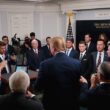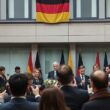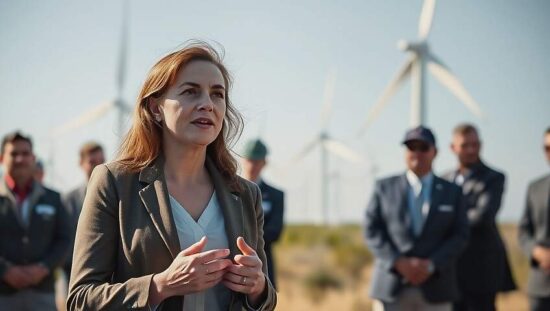Germany’s leading energy association, the BDEW, is advocating for a more balanced discussion surrounding the country’s high electricity costs, emphasizing the benefits of the energy transition alongside the financial concerns. BDEW CEO Kerstin Andreae argues that the focus should shift to acknowledge Germany’s advantages in this area, citing the reliability of the power grid as a key example.
Andreae highlighted Germany’s exceptional grid stability, noting an average of only 13 minutes of power outages for consumers in 2023 – a figure significantly lower than the 367 minutes experienced in the United States. She also pointed to the country’s position as a hub for green innovation and the export of environmentally friendly technologies, specifically mentioning strong demand for hydrogen-ready gas turbines – although primarily from international clients.
She expressed concern that the German federal budget for 2026 lacks sufficient focus on the development of a hydrogen economy, describing such hesitation as short-sighted. Andreae reminded that the current governing coalition had pledged to establish Germany as a pioneer in nuclear fusion, suggesting a similar ambition should be applied to hydrogen technology, aiming for Germany to become the first country with ten hydrogen-capable gas power plants and significant green hydrogen electrolysis capacity.
Andreae also criticized the government for not yet implementing its promised reduction in electricity taxes “for all”. While acknowledging the positive step of €6.5 billion in subsidies for grid charges, she stressed that this funding should come from the general budget and not from the Climate Transformation Fund (KTF) intended for investment.
The BDEW CEO welcomed the forthcoming “Monitoring Report” commissioned by Economics Minister Katherina Reiche, anticipating it will reveal potential cost savings in the energy transition. She proposed a fundamental reorientation towards cost optimization and efficiency, citing opportunities in utilizing overhead power lines instead of expensive underground cables, more strategic positioning of offshore wind farms and a reduction in bureaucratic burdens, which currently cost the energy sector approximately €8.2 billion annually, with many information requirements deemed unnecessary.
Andreae urged Minister Reiche to engage in intensive discussions with the energy industry regarding the unpublished Monitoring Report. Despite the potential for savings, she emphasized the continued importance of expanding renewable energy sources and grid infrastructure, warning against repeating the mistakes of delayed investment witnessed with the national rail system.
To mitigate the risk of periods with limited wind and solar power generation – “dark flaps” – Germany needs to rapidly develop secured capacity through new gas power plants. Andreae stated that the auction design for these plants is needed immediately, citing a five-year lead time for construction. She welcomed the initial auction announcements from Minister Reiche and the network agency but expressed a sense of urgency.
Andreae also called for a collaborative “Hydrogen Alliance” between European governments, contrasting it with the existing “Nuclear Alliance” led by France, which successfully secured state funding by classifying nuclear energy as renewable. She lamented the lack of a similar coordinated effort for hydrogen, resulting in weaker individual national positions and less favorable EU regulations.





